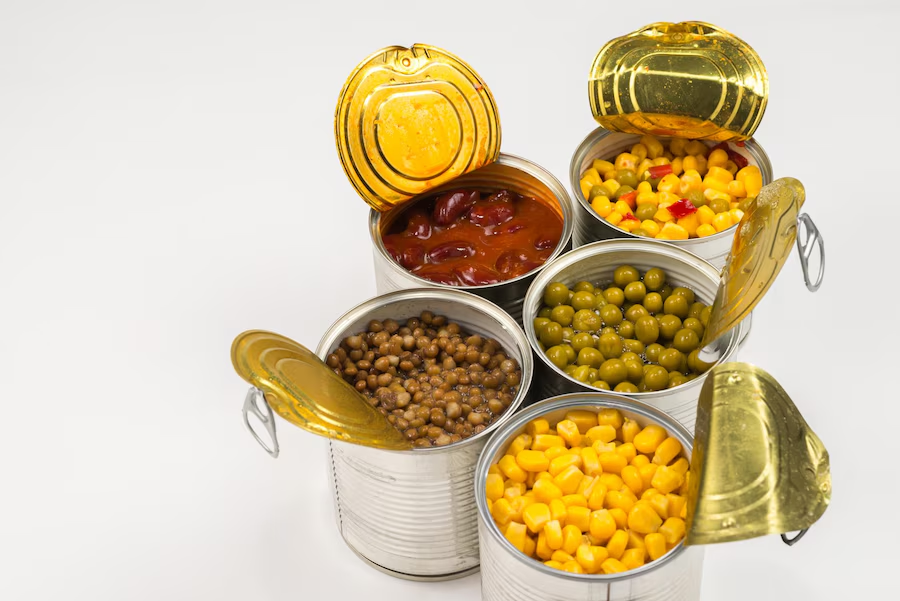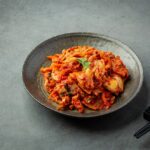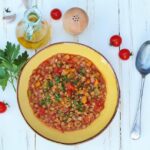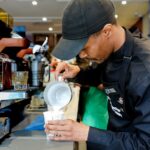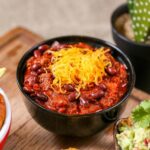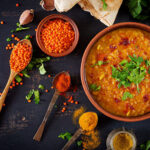In a move aimed at softening the impact of rising taxes and economic pressure on vulnerable households, the South African government has announced an expansion of the value-added tax (VAT) zero-rated food list, effective 1 May 2025. This decision follows Finance Minister Enoch Godongwana’s Budget 2025 speech, which proposed a 0.5 percentage point increase in VAT, bringing the rate to 15.5%.
To help counterbalance the cost burden for lower-income households, the National Treasury has added several new food items to the list of essential goods exempt from VAT. These items include:
- Edible offal of sheep, poultry, goats, swine, and bovine animals
- Specific meat cuts such as heads, feet, bones, and tongues
- Dairy liquid blend
- Tinned or canned vegetables
This expansion builds on the government’s earlier commitment to revisiting and updating the list of essential goods, which was last modified in 2018 with the addition of six new food products. The expanded list now further cushions low-income households from price increases by making more nutritious food options more accessible.
Why the Zero-Rated Expansion Matters
Zero-rated goods are not subject to the current VAT rate, meaning they are effectively taxed at 0%, allowing retailers to sell them without adding VAT to the price. This strategy is intended to lessen the tax burden on everyday essentials, especially for households that spend a larger portion of their income on food.
The new zero-rated items were selected using a careful equity-gain ratio analysis, which looks at how different income groups consume certain items. According to Treasury, foods with a high equity-gain ratio are more frequently consumed by low-income households relative to their spending, making them strong candidates for zero rating.
“Lower-income households will benefit more from zero-rating these items than higher-income households, assuming that the benefit is passed through in pricing,” Treasury said in its assessment.
Balancing Relief with Fiscal Responsibility
While the expansion is expected to improve affordability and nutrition for the most vulnerable, it will also come with a fiscal cost. Treasury estimates that the VAT relief on the newly added items will result in approximately R2 billion in foregone revenue for the government.
Despite this, Treasury believes the trade-off is worthwhile. The newly zero-rated items are well-targeted and offer meaningful relief without significantly undermining national revenue goals. In fact, the decision reflects a broader commitment made by President Cyril Ramaphosa in 2024 to expand the essential food basket and review state-controlled pricing in key sectors.
Delivering on a Promise During Tough Times
The decision comes amid ongoing cost-of-living challenges, including elevated food and fuel prices, medical aid inflation, and rising electricity and transport costs. Godongwana emphasized in his budget address that the government is taking “concrete steps to protect vulnerable households”, and the VAT expansion is a central part of that strategy.
There is also a nutritional component to this policy shift. By zero-rating more sources of protein, the government aims to encourage more balanced diets among poor and low-income communities, who may otherwise struggle to afford meat and dairy-based products.
As food price inflation continues to affect households across the country, the expanded VAT-free basket is a timely intervention — one that blends economic policy with social responsibility.
